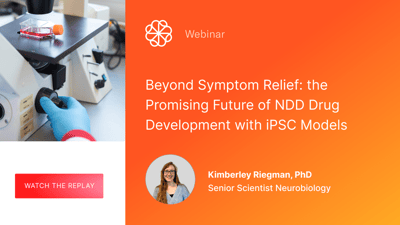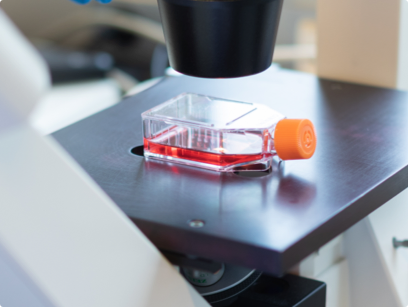The incidence of neurodegenerative diseases (NDDs) has been rising dramatically due to increased life expectancy and an aging population. However, available treatments don't address the root cause of the disease, but only attempt to alleviate symptoms or slow disease progression.
One of the major hurdles for drug developers is the generation of robust and representative models of NDDs in which therapeutics can be tested with high confidence, from target selection to hit identification (HTS), to lead identification and optimization. NDDs are unique to humans and as such cannot be modelled accurately using rodents or immortalized cell lines, which do not replicate important disease-phenotypes.
With the emergence of human induced pluripotent stem cell (iPSC) technology, it is now possible to develop relevant human CNS models to test therapeutics in. These models retain patient specific genetic backgrounds and demonstrate clinically relevant phenotypes. Despite the great potential of human iPSC technology, technical and conceptual challenges for cell differentiation and model generation hinder their use in early and preclinical drug development.
During this webinar - "Beyond Symptom Relief: the Promising Future of NDD Drug Development with human iPSC Models" - our senior Scientist Neurobiology Kimberley Riegman discusses how therapeutic developers can utilize human iPSC-derived models to acceralate early and preclinical drug development.

Fill out the form to watch the replay:

